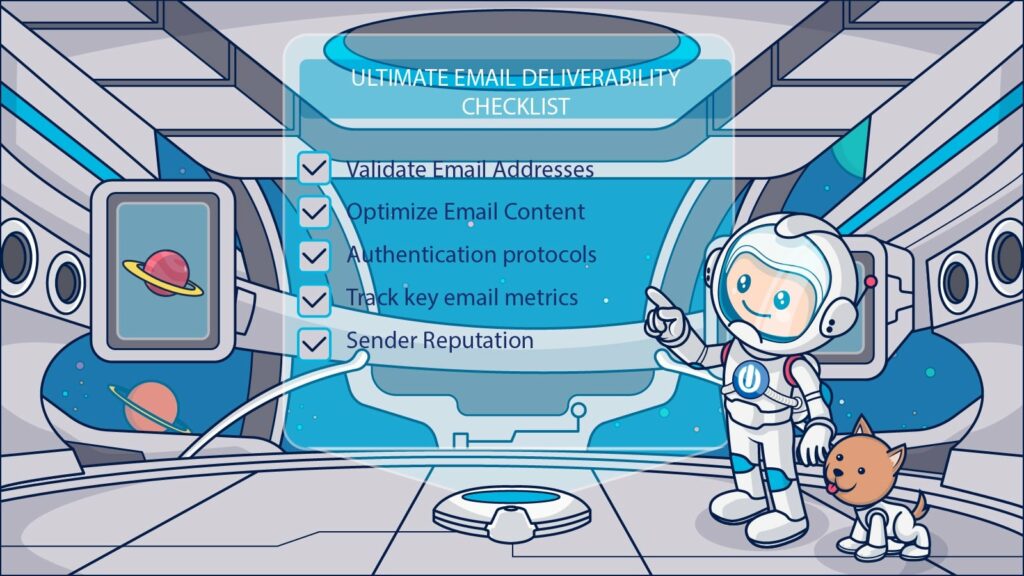Written by Madrivo There are no books, no strategies, no step-by-step manuals that can ensure that your emails will inbox. We are all
reliant on the ISPs and their regulations, their filters, and their often unknown guidelines that determine whether or not we have met their qualifications for inboxing. This is the bane of a mailer’s existence. It appears to be ever-changing with zero insight in to why or how we can accommodate these changes. With that being said, there is one thing that is set in stone…the demand of ISPs that mailers have email engagement. What exactly does that mean?
I’ve been asked repeatedly by mailers why ip reputation suffers when they are running mainstream offers, they are removing complaints, they are ramping up slowly, etc. The bottom line is not going to change. Solid, engaged data is going to ensure good subscriber engagement which means traffic to your sites, email opens, click-through rates. Email engagement is a direct result of these factors and it’s non-negotiable.
One of the biggest issues I’ve heard from mailers is that their subscribers have opted in, even double opted-in, so WHY are their emails hitting spam when they are sending mainstream offers appealing to seniors, homeowners, and the average Joe just wanting to get by? Unfortunately most of us perceive that when we speak of spam it’s all about the unsolicited invitations for “dates”, a quick way to earn a buck, or other salacious opportunities which, while intriguing, are the epitome of spam. Spam is actually anything that is unsolicited regardless of the content.
You may have the most active, clean list, but if you’re sending unsolicited messages, ISPs will perceive it as spam. The key to avoiding this is to ensure that the potential subscriber knows what they are signing up for and that they receive only those emails. The more you send unsolicited content to your active lists, the less engaged your subscribers become and the higher the risk of them complaining or not clicking on your emails. When this occurs, ISPs are far more likely to route your mail to the junk folder, prohibiting even those interested in your emails from ever seeing them. This can irreparably harm your ip reputation, resulting in temporary deferrals, 100% junking or hard blocks on your ips.
The bottom line is that if you want continued or increased delivery, don’t spam your subscribers. Send only relevant content.
About Madrivo
Madrivo is full-service digital ad agency that connects household brands with targeted audiences worldwide. We use lead generation, customer acquisition, and brand awareness strategies to reach consumers through email, video, mobile, and display media. We work with more than 3,000 global advertisers, affiliates, and direct brands to promote campaigns across the 7 highest-yielding industries: education, auto & transportation, entertainment & lifestyle, health & wellness, home improvement, retail, and finance & insurance.
















